US to decide whether to send banned cluster munitions to Ukraine: Media
Despite a global ban on the use of cluster munitions, the United States may decide later this week to send such controversial munitions to Ukraine, a media report says.
Washington could come to a decision as soon as this week on whether to give the green light to the delivery of internationally-banned cluster munitions to Ukraine, CBS News, citing unnamed US officials, reported on Wednesday.
Cluster bombs are banned under the Convention on Cluster Munitions (CCM), an international treaty that addresses the humanitarian consequences and unacceptable harm caused to civilians by cluster munitions through a categorical prohibition and a framework for action.
The weapons can contain dozens of smaller bomblets, dispersing over vast areas, often killing and maiming civilians. The CCMs are banned because unexploded bomblets can pose a risk to civilians for years after the fighting is over.
Cluster munitions generally eject submunitions that can cover five times as much area as conventional bombs.
The Convention on Cluster Munitions, which took effect in 2010, bans all use, production, transfer and stockpiling of cluster bombs. More than 100 countries have signed the treaty, but the US, Russia and Ukraine have not.
According to the report, the US is under pressure from Ukraine, which has for months requesting cluster mentions, to address the ex-Soviet republic's high demand for ammunition in the counter-offensive against Russian forces, which is progressing more slowly than expected.
"US law requires a presidential waiver to export cluster munitions if more than 1% of the bomblets they contain typically fail to explode, known as the 'dud rate.' The dual-purpose improved conventional munitions, or DPICM, that the US is considering sending have a dud rate of just over 1%, which may be negligible enough to convince allies that the rewards of providing DPICMs outweigh the risk of unexploded bomblets," the report said.
According to a report by the Foreign Policy Magazine on June 26, DPICMs can be fired by the 155mm artillery systems that Washington has already provided to Kiev and could be very effective at clearing Russian defense lines.
The same report said at the time that a bipartisan group of US lawmakers is calling on President Joe Biden to provide Ukraine with DPICMs.
Since the beginning of the Ukraine war, US media have regularly reported on the weapons shipments sent by the US to boost Kiev's fighting forces, with other NATO members delivering tens of billions in military aid, as well.
By January, the US and its allies had provided Ukraine with over 100 million rounds of small arms ammunition, over a million rounds of artillery shells, and more than 100,000 tank rounds.
Russia sees the flooding of Ukraine with weapons from the West as a futile effort to change the outcome of the war. Moscow says supplying Kiev with more weapons will only add to the death and destruction and prolong the conflict.
VIDEO | Mexico’s historic battle reenactment draws over 200,000 visitors
'ICE-style enforcement': nearly 70 groups slam EU migration policy
Araghchi holds key meetings in Geneva ahead of indirect Talks with US
Iran to hold 40th day commemoration for martyrs of terrorist riots
VIDEO | Pushing for peace
VIDEO | Iran-US nuclear talks in Geneva
Lebanon’s parliament speaker urges pressure on Israel to stop ceasefire violations
UK government asked not to release Mandelson emails on Epstein: Report


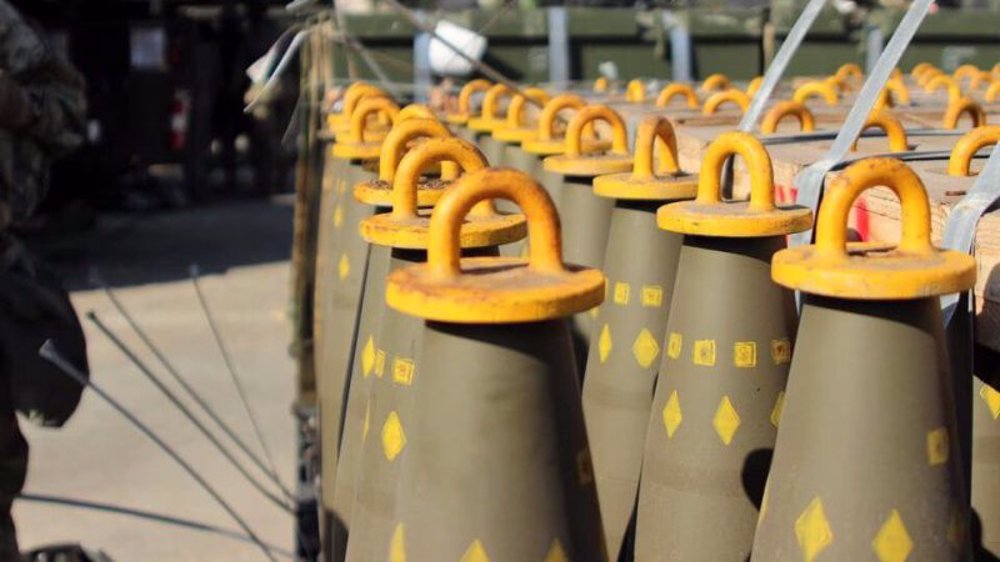
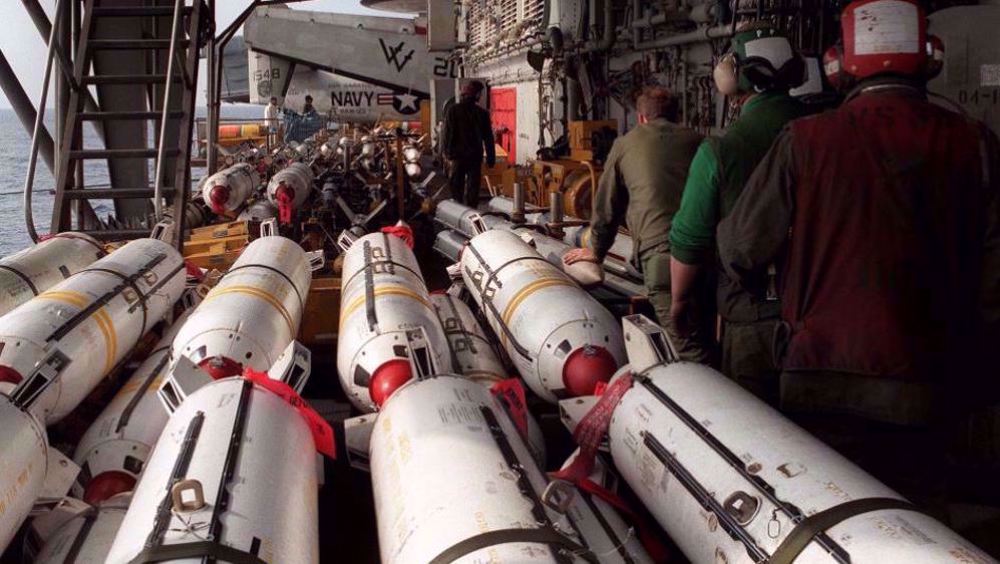
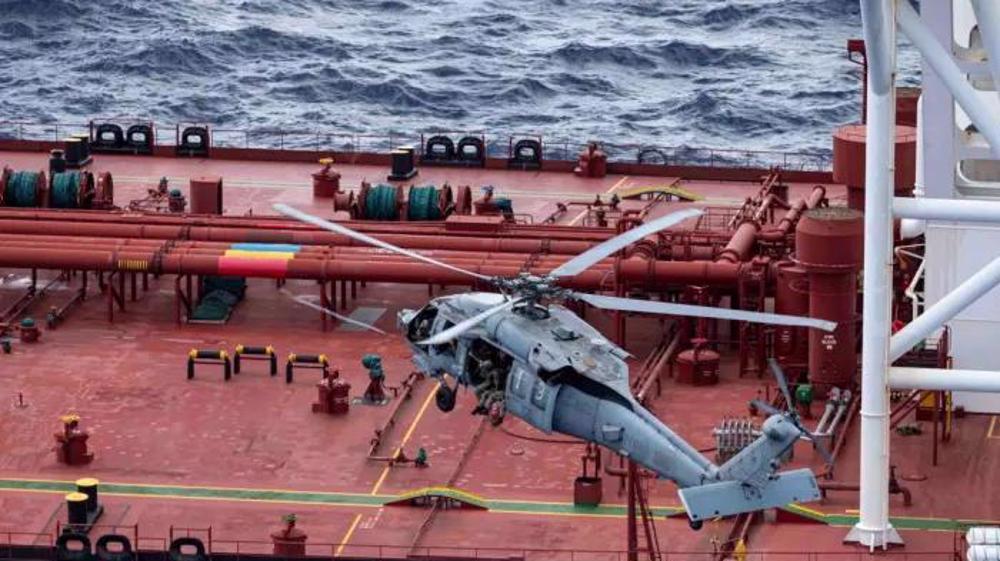
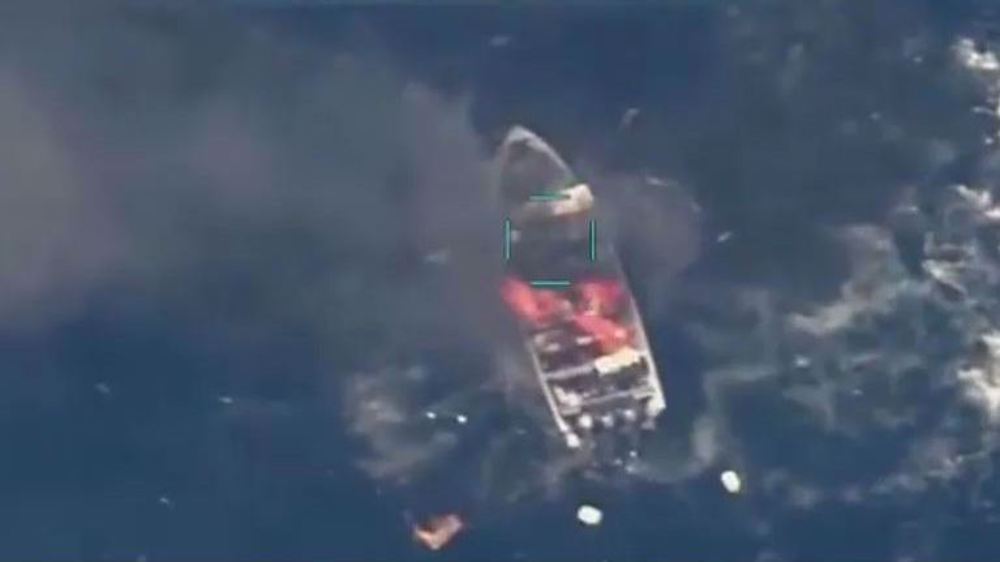
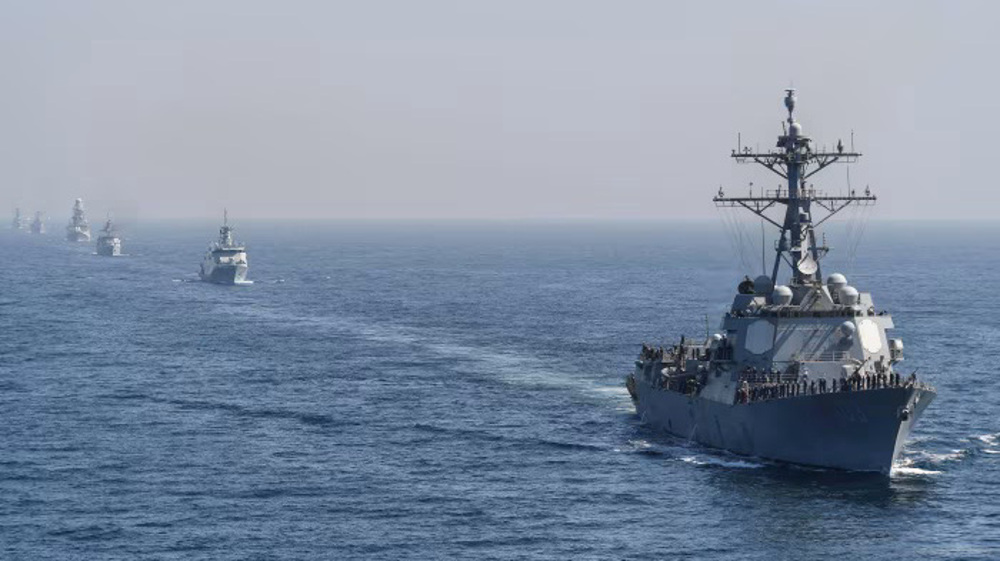




 This makes it easy to access the Press TV website
This makes it easy to access the Press TV website